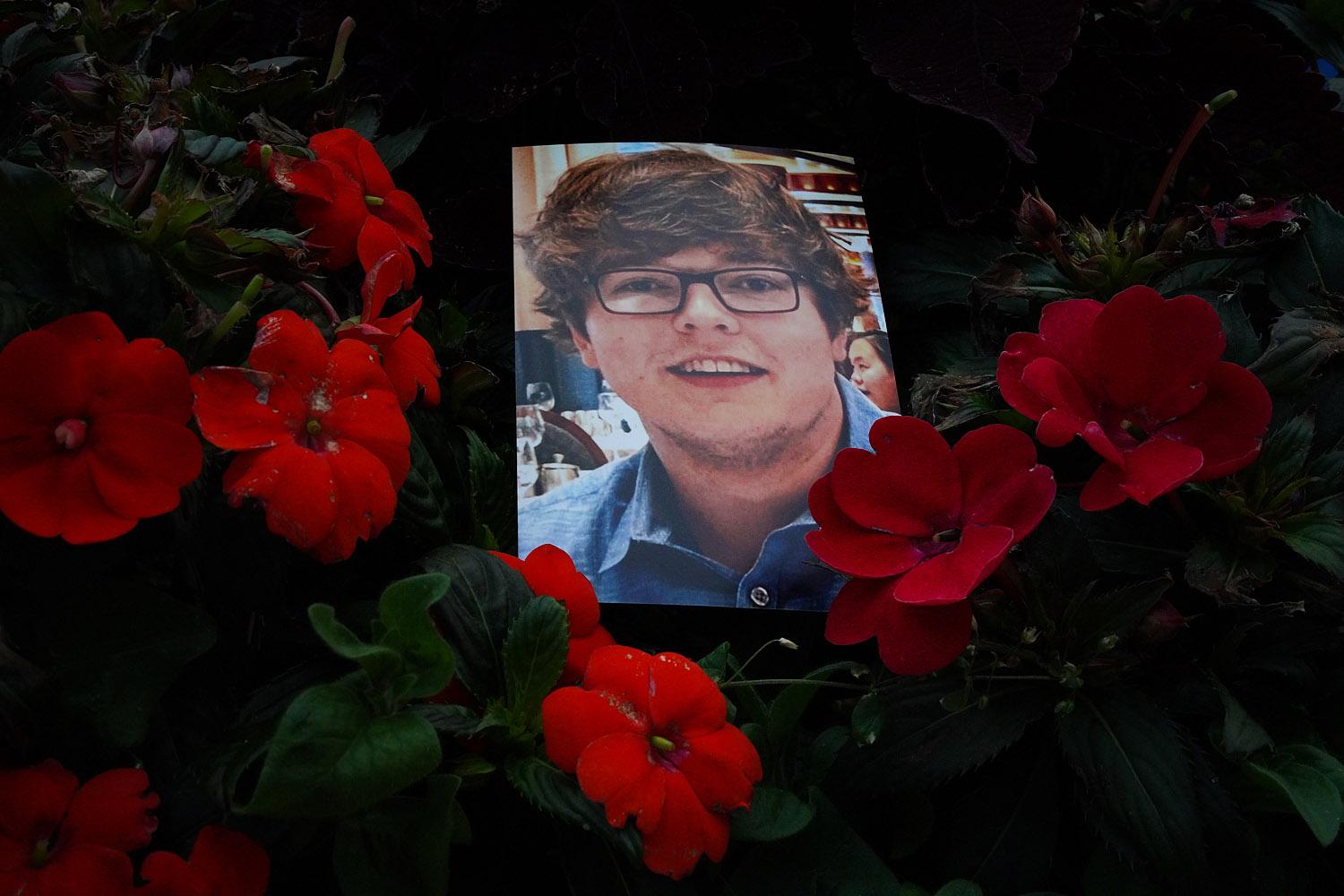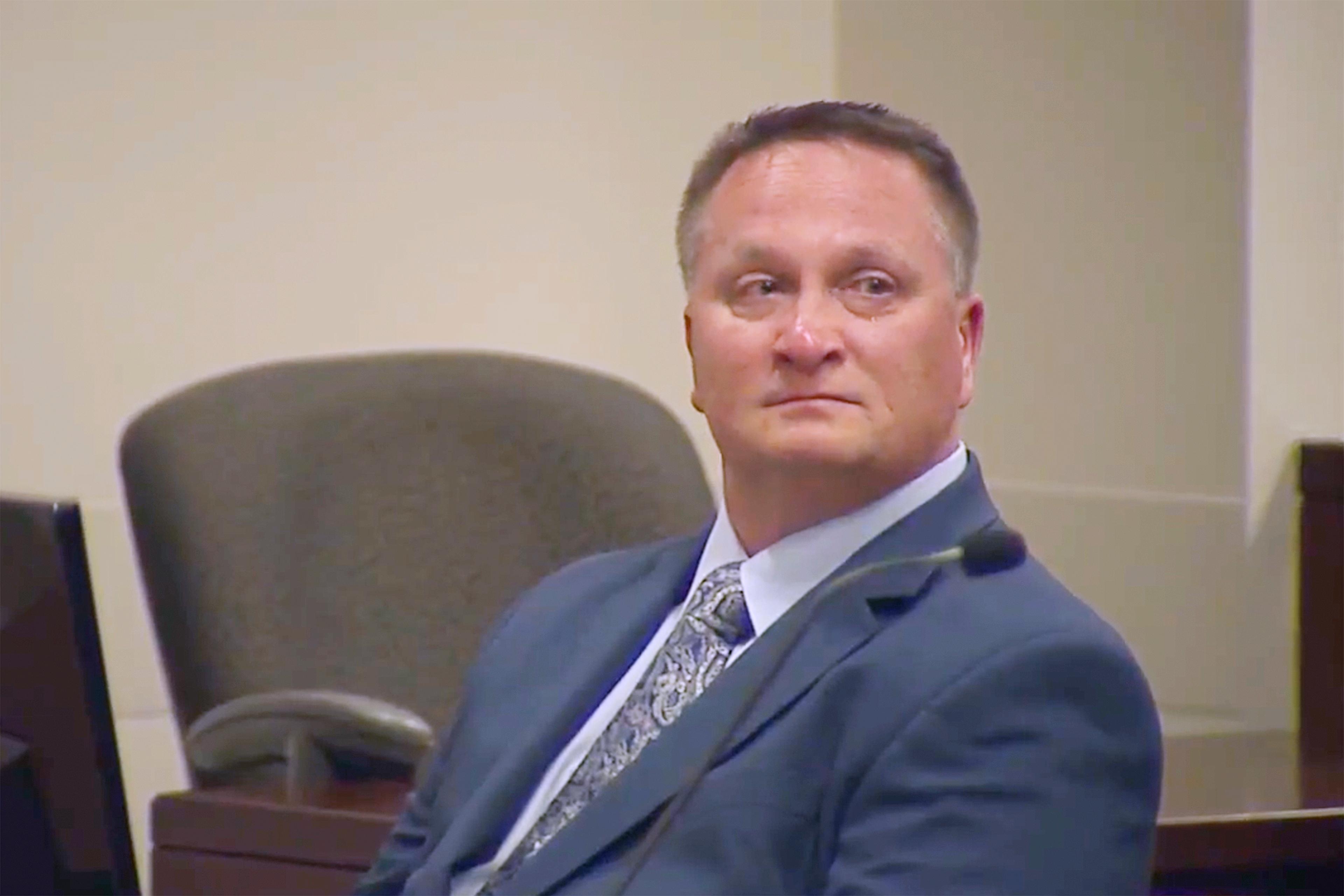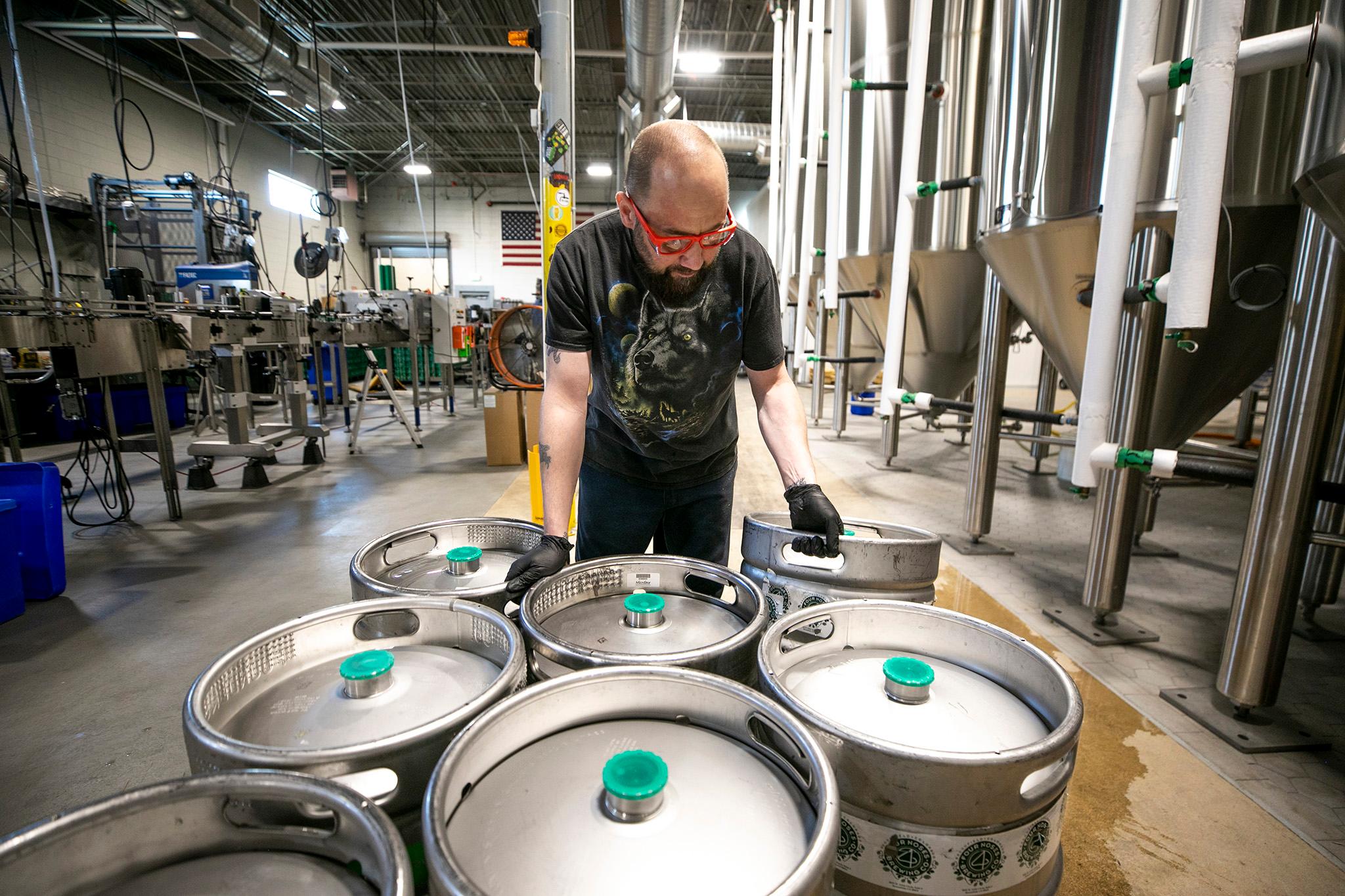Inmates in solitary confinement spend every day, nearly all day in their cells--sometimes for years at a time. They don’t go outside, and all of their meals are given to them through a slot in the door. In Colorado, there are fewer inmates overall, but a growing number are in solitary confinement. Many inmates who end up in solitary have chronic mental illness. On Tuesday, the Senate Judiciary Committee will vote on a bill which aims to restrict the use of solitary confinement. Colorado Public Radio’s Andrea Dukakis has the story.
Andrea Dukakis: In general, prisoners don’t get sentenced to solitary confinement; they earn their way there through bad behavior. Anne Lawlor was serving a 5 year sentence for writing bad checks, when she was placed in solitary. She had access to a small television and some books, but no human contact.
Anne Lawlor: I remember there was a window in the cell. There was a bee out there...and I remember putting my finger...and wishing the bee would sting me and I’d feel something...I am alive. I am human. I feel pain now.
Dukakis: Lawlor spent a year in solitary. She and prison officials dispute the reasons why she was put there. Lawlor says when she got out, she was scared of people--and just about everything else.
Lawlor: I couldn’t handle bright light. I had to go through several PTSD classes and I had to find ways to relax.
Dukakis: Lawlor says unlike many of her fellow inmates in solitary, she didn’t have chronic problems with mental illness. But she says she heard about women in neighboring cells who tried multiple times to commit suicide. Some tried other forms of self mutilation. And she says mental health counseling in solitary was minimal.
Lawlor: They would come by the door and say are you ok and you would say yeah i’m ok and they would move on their way.
Dukakis: Lawlor was among those who testified on a bill that aims to restrict the use of solitary confinement--especially when it comes to the mentally ill. Senator Morgan Carrroll, a Democrat from Aurora is one of the bill’s sponsors.
Senator Morgan Carroll: There are a certain percentage...on the front end because they stop getting treatment once they’re in solitary confinement. (:17)
Dukakis: That’s why Carroll wanted a bill to ensure they get treatment but for now, she’s having to compromise. The latest version requires the Department of Corrections to report yearly to the legislature on how it decides which inmates are placed in solitary confinement. The bill also changes the rules when it comes to something called earned time. Earned time allows inmates to earn time off their sentences for good behavior. Currently, inmates in solitary aren’t allowed to accrue earned time. Senator Carroll says the current system just compounds an already bad situation.
Carroll: For the individual, it’s not only sensory deprivation, it’s actually prolonging their time.
Dukakis: And costing the state more money. She says allowing inmates in solitary to earn time off their sentences would save the state 1 and a half million dollars. Her bill would redirect that money toward treating mentally ill inmates and would provide alternatives to solitary. But prison workers say that will make the system more dangerous. At the same hearing where Anne Lawlor testified in favor of the bill, a long line of workers who had been attacked by inmates testified against it.
Duane Mark Garcia: I had 142 facial fractures...two surgeries on my eye...double vision...they did surgery on my nose because I couldn’t breathe...all my teeth
Pam Kahanci: A prisoner attacked me and slit my throat.
John Seppouzzi: I looked down and saw a pool of blood. and I thought whose blood was it...and I felt something on my head and said oh, it’s me.
Dukakis: The prison workers told lawmakers there’s only one way to stop these kinds of grisly attacks. That’s to put to put dangerous inmates--mentally ill or not--in solitary. For her part, Sen. Morgan Carroll says her bill is only a first step to ensuring solitary confinement is a last resort for all inmates, but especially those who are mentally ill.
Andrea Dukakis, Colorado Public Radio News.
[Photo: Colorado Public Radio News]









